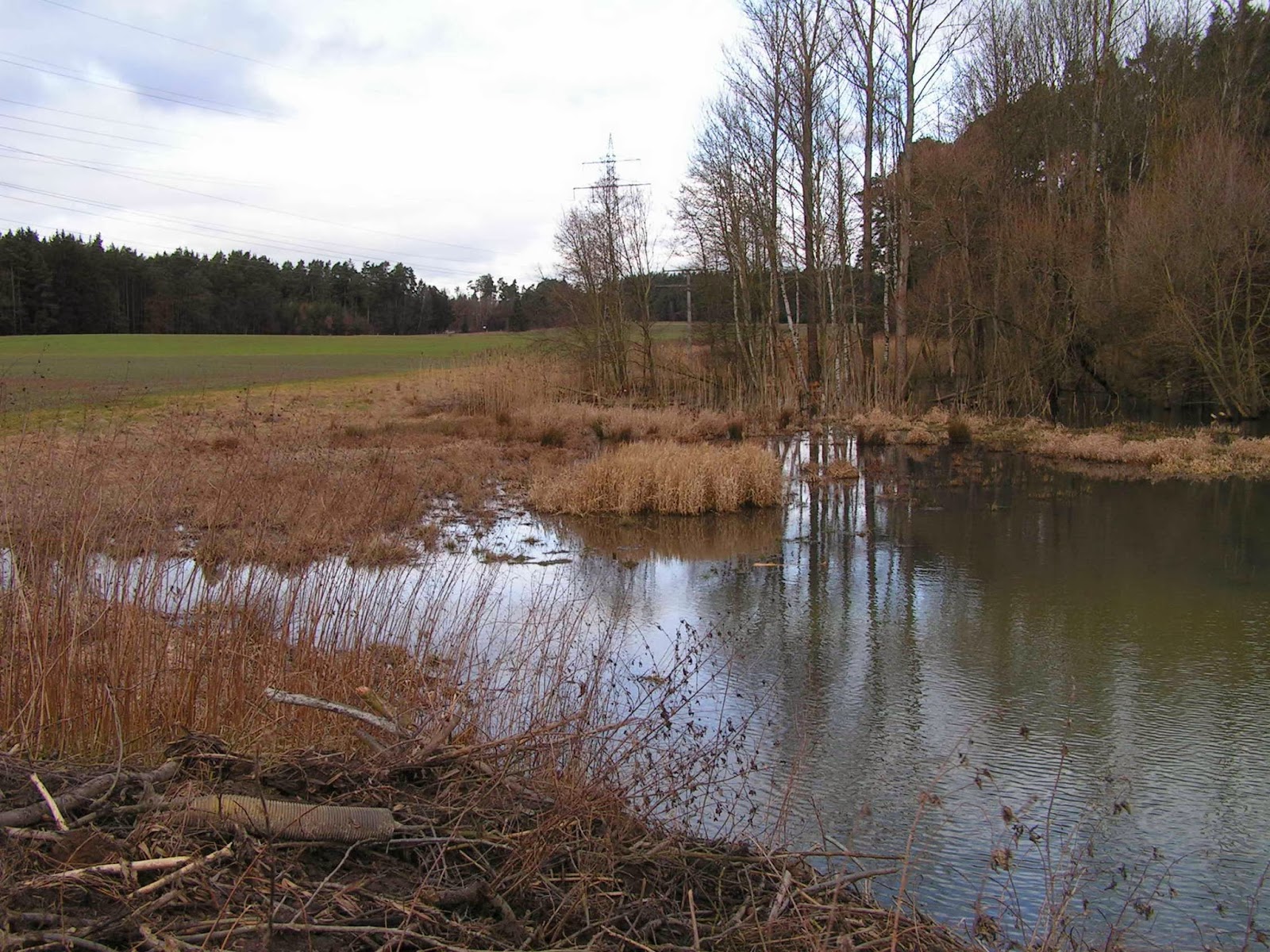How do we stop the Insect Apocalypse?
https://www.theguardian.com/environment/2020/feb/12/car-splatometer-tests-reveal-huge-decline-number-insects
More detailed studies in Germany have identified a 75% decline in flying insect numbers over a 26 year period.
https://journals.plos.org/plosone/article?id=10.1371/journal.pone.0185809
As regular readers of this blog will know, I am far more interested in practical solutions to ecological problems than in the endless, often misleading debates presented in mainstream media. One of my pet hates is the way these “futile dilemmas” are framed as if there are only two opposing choices. Hearing people wring their hands about the cost of action, the suffering of the poor, or, conversely, the need to ban pesticides immediately at any cost, leaves me deeply frustrated. Such debates are futile if we ignore the economics of land and resource use.
This week’s headlines have been full of impassioned warnings that our entire biosphere is on the brink of collapse, that we are sleepwalking into an ecological and human catastrophe. This may be true—but so far, governments and policymakers have shown almost no genuine effort to prevent such a crisis.
The real problem isn’t simply that insecticides are killing bugs. It’s far broader: declining soil biomass, loss of weeds as food sources, seasonal gaps in food availability, destruction of boundary habitats and wildlife corridors, drainage, and, fundamentally, the fact that wild land is increasingly unavailable for insects and other wildlife to live and thrive.
What I find truly criminal is the lack of robust government research into these vital issues. Most studies come from small NGOs with limited capacity. Surely the health of our soils, insects, and ecosystems is a matter of national security and should be a major focus of government science. (For the tin-foil hatters among us, perhaps such research already exists—but it certainly isn’t informing mainstream policy.)
What is rarely addressed in media coverage is the solution. How do we stop this life-threatening decline in the very fabric of our biosphere? The key is the efficient use of land and chemicals. Legal instruments like bans and restrictions are useful, but the most effective solution is economic: increase the cost of using land and harmful chemicals. A simple Land Value Tax combined with a Pesticide Tax—both forms of “externality taxation”—would make farmers and landowners think seriously about their practices, encouraging less intensive chemical use and allowing insects and other wildlife to flourish.
This approach rewards ingenuity and skill in farmers while penalising industrial agribusinesses that rely on push-button agronomy and chemical overload. It strengthens local economies, improves public health, and restores ecosystems.
Under such a system, sustainable agriculture would reduce the monopoly power of landowners who profit from rents and capital gains derived from pesticide-intensive practices. The cost of these taxes would not fall on food prices or consumers but on the unearned profits of those exploiting nature. Meanwhile, tax relief could be provided for ordinary people by lowering VAT and income taxes, improving food quality, water safety, and the overall environment, so no one suffers as we raise environmental standards. The only losers would be monopolists, tax dodgers, and speculative investors—hardly a tragedy for anyone with a conscience.
And perhaps, just perhaps, our children might again experience the simple joys of summer: the gentle hum of insects, wildflowers along the roadside, and the occasional bug on a windscreen during family trips. More importantly, they would inherit a world that supports life, delights the senses, and sustains future generations...


This post has been a really valuable read for me. The way you’ve simplified complex points and explained them with clarity is truly impressive. It helped me clear my doubts and also learn new things. I hope you keep sharing such detailed and engaging articles—it’s very beneficial for readers.
ReplyDeleteSnake Catcher Near Me